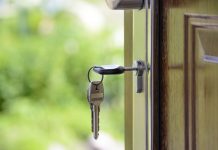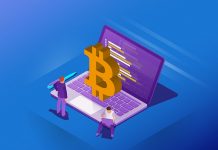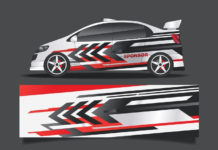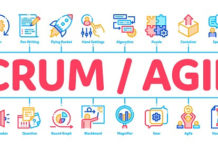Before we finally decide if a mortgage is a liability or an asset, we need to differentiate the two. An asset is anything that you own as an individual or company. Assets usually have value. They can be furniture, land, home, cars, or money. A liability, on the other hand, is a claim of owning a certain asset. Think about it; you want a home but don’t have enough cash.
So, you go for a mortgage. Then, decide on weekly, monthly, or yearly payment. You also agree on the rates. In reality, you are several steps ahead of those renting homes because you now own a home. But you are also paying for it? So, what exactly is a mortgage? Is mortgage liability or asset? Let’s find out.
Mortgage As A Liability
As afore-mentioned, the mortgage puts you into debt. Depending on its value, you could pay for it for more than 15 years. What are you paying? The exact cost of the home. The lenders also did risk in lending you. As such, they will charge you some interests. Thank God, in most cases, interest is usually low. To be precise, it should range from 3.5 to 5.0 percent.
The mortgage also has two other parts, the principal value, and the insurance.
Of course, Mother Nature could come knocking, and your home gets ruined. Or, it could be a fire that reduces it to ashes. Whatever it could be, insurance helps to safeguard your financial life in the future. You, therefore, have to pay for the insurance, too.
The principal value is what you pay to reduce the loan.
To top it all, all this time, you will be paying taxes. Clearly, a mortgage could make your life difficult to some extent for years.
Mortgage As An Asset
From the financial bank records, the mortgage is usually your asset. While you are still in debt, the mortgage still counts as an asset. Even so, it only becomes yours entirely once you have cleared all the liability. Hence, it would help if you strived to clear the debt within the specified time. Failure to which, you get your feet into a sinking ground.
The good thing though, is that the rates never change with time. That is, the amount you pay the first month is what you pay on the last month/year of repayment. As such, the amount remains constant. In addition, as years pass by, your children become grown-ups. Better still, they will leave and start living elsewhere if they are earning.
With that, your expenses reduce incredibly. Paying the loan now becomes easier. Be warned, though; don’t pay more than you should pay at a particular time. While that sounds like a great idea, it is wise not to do it. Why?
Anything could happen, and your next monthly income reduces beyond your expectations. Nobody will care if you paid more during the previous payment schedule. They need money when the next payment is due. So, when there is extra money in your hands, save it. Let it cater for those months you will be financially down.
Consider Both Sides Of The Coin
So far, to some extent, we all agree that a mortgage may be a liability as well as an asset. Still, we see that at some point, it ceases being a liability and becomes an asset. The next question is, is this asset an investment? Yes, it can be an investment but not always. If you are to rent it off, then it could be alright to say it is an investment.
But, if you are buying the home for residential purposes, we would be wrong to say it is an investment. Residential homes will still cost you once in a while, even after paying all the debts. How?
You have to renovate it after a couple of years. Other times there will be repairs.
Rich Dad once said, “An asset puts money in your pocket. A liability takes money out.” Thus? Your residential house, even after you have paid all debts, never ceases to be a liability. Still, it never counts as an asset!
So What?
You are probably on the crossroads, but you don’t have to since our decision should not stop you from buying a home. The reality is that owning a home is a dream come true for many. Besides, it is way cheaper to repair or renovate a home than to pay rent every month. Furthermore, you don’t pay or renovate your home every month. Do you?
In addition, you are better off in your home than in a rental.
Still, even if you will pay the mortgage for years, by the end of it all, you will clear the debts.
What’s The Verdict?
Take, for example, a commercial car. Do you fail to maintain a commercial car because it is an investment? Not at all! Of course, you pay for the insurance, take it for servicing, repair it, and the like. In the same likeness, as long as you have cleared all debts, the home is now your asset.
We, therefore, conclude that a mortgage can be a liability if you are still paying the loan. Once all debt is cleared, it becomes your asset.
Therefore, don’t stop applying for a mortgage. Just plan your finances accurately and professionally. Consider if you can comfortably clear of the mortgage. Go for it if you can!






















